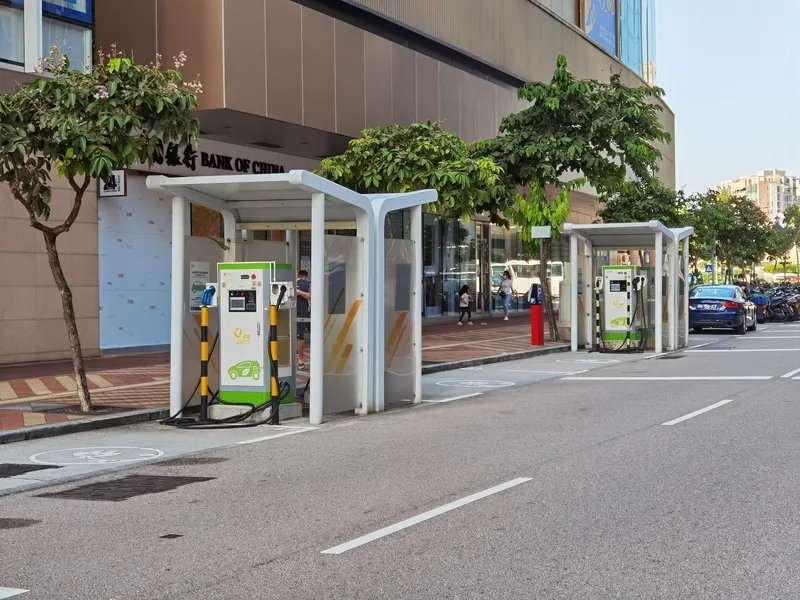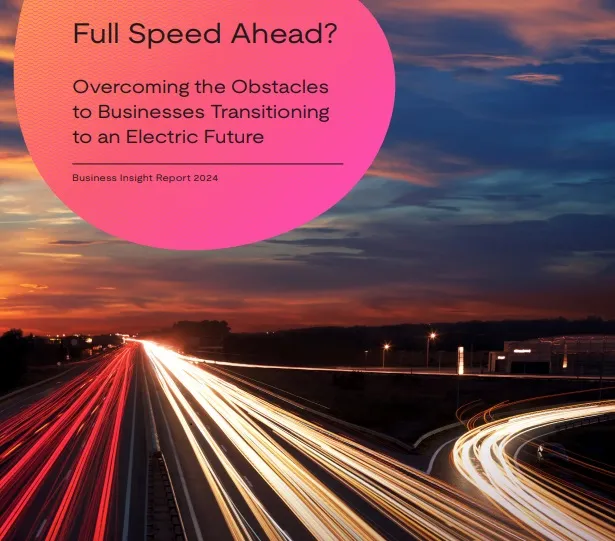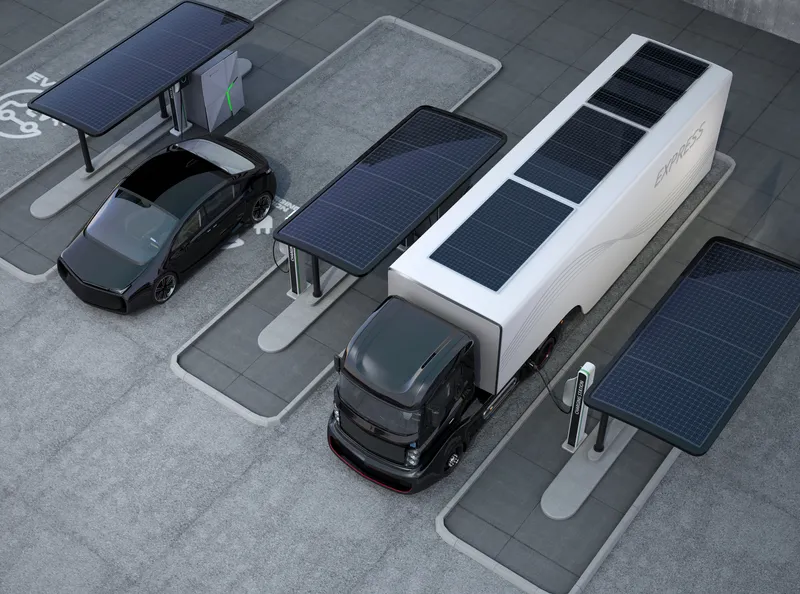
XCharge has completed charging station construction at the rental company's sites in several major East Coast airports and has secured a pipeline of future projects at the rental company's additional airport locations along the eastern seaboard.
Furthermore, XCharge’s high-speed chargers and efficient installation process have rapidly strengthened the rental company's airport charging infrastructure, helping it meet its service standards and goals for expanding its EV rental fleet. Given their relatively small footprint and utility grid constraints, US airport rental car locations face unique challenges in EV adoption. XCharge’s solutions are designed to work within these boundaries, offering fast, simple installation without the need for intensive site upgrades, maximizing efficiency and reducing the complexity of construction.
XCharge’s Level-3 charging stations empower shorter charging cycles compared with the Level-2 solutions commonly used in existing airport locations, resolving rental car service bottlenecks and enhancing customer satisfaction. At the Company’s initial airport project for the rental company, XCharge’s simultaneous charging technology significantly reduced the average charging time, improving charging speed by more than tenfold.
Aatish Patel, president of XCharge, said: “We’re thrilled by the positive outcomes of this collaboration. The results underscore our commitment to being more than just a hardware supplier – we want to resolve our partners’ most pressing concerns as efficiently as possible, whether that is site design, operational efficiency, or even EV charging education. By focusing on the broader needs of those we work with, we have created turnkey solutions that address key challenges effectively. We look forward to expanding this cooperation and bringing our high-quality charging services to more customers nationwide.”
With charging anxiety remaining a top concern for EV drivers, especially first-timers, XCharge says it will continue to strategically elevate its presence in locations with substantial organic consumer traffic to introduce its convenient, high-speed charging services to a broader audience.









